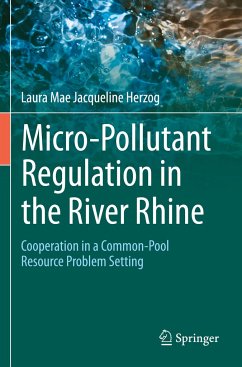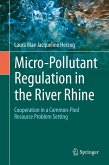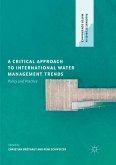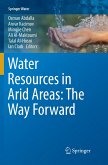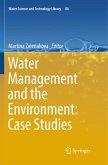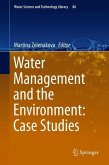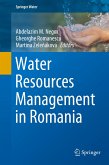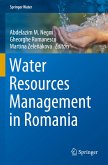This book investigates how actors organize in order to solve a water quality problem. Research on the use of environmental resources has mainly focused on the circumstances needed for users to self-organize or to maintain an already sustainable way of resource use. Few studies have investigated the reasons why actors start to cooperate when they are faced with an environmental problem. Actor networks in three regions of the Rhine catchment area are scrutinized regarding a) actors' cooperation pattern when managing an environmental problem; and b) the factors that trigger actors in a common-pool resource situation to initiate cooperation. Water quality policy is analysed in two European countries - Germany and Luxembourg - and one non-European country - Switzerland -, providing an overview of the distinctive measures applied in these regions aiming to tackle the water quality problem of micro-pollutants in river surface water. Applying the social-ecological system framework (SESF) devised by E. Ostrom and her colleagues and Social Network Analysis (SNA), the current book combines qualitative and quantitative methods to answer the question of why actors cooperate in the management process of an environmental problem like water pollution.
Bitte wählen Sie Ihr Anliegen aus.
Rechnungen
Retourenschein anfordern
Bestellstatus
Storno

